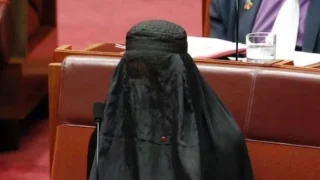
This first Issue Analysis deals with the OECD’s Multilateral Agreement on Investment (MAI) which the Australian government has been helping to negotiate.
The proposed MAI will not mean a dramatic change to Australia’s current practice in controlling foreign investment. The MAI will promulgate uniform principles that will curb the scope of governments for arbitrary, case-specific interventions. The key provisions of the MAI are the application of the most-favoured-nation clause to signatories of the MAI, and the stipulation that the signatories must not discriminate between national and foreign investors, and must forswear the power to control international payments and personnel exchanges tied to border-crossing investments.
If history is any guide, these fundamental principles of the MAI will not only serve economic growth and job creation, but also help to protect the basic civil and economic liberties of Australians. The agreement may, however, limit the influence of established industrial and special-interest lobbies.
Unfortunately, four years of expert negotiation in Paris have yielded an MAI draft that does not confine itself to affirming time-tested, first-best principles. The present draft is riddled with numerous exemptions and reservations, which indicate poor institutional design. They fuzzy up the global investment rules and make them incomprehensible and untrustworthy for international investors. The primary intent of the MAI – to strengthen the confidence of international investors – is not promoted by the draft as it presently stands.
A simple and principled MAI would be in the interest of Australia, a small country with considerable untapped development opportunities. Only by providing simple and reliable rules can we attract foreign capital, knowledge and enterprise. The institutional framework of the MAI principles would promote our individual and national interests in prosperity, liberty, justice, security and peace. The Australian government should therefore work towards a simplification of the MAI draft.
Wolfgang Kasper is the Professor of Economics in the School of Economics and Management, University College, and author of Capital Xenophobia.










